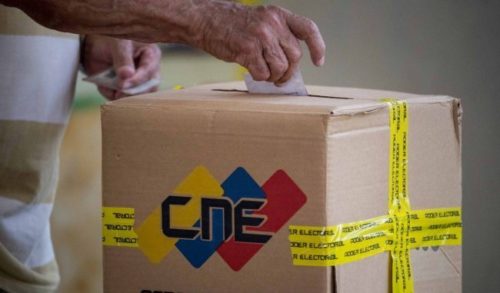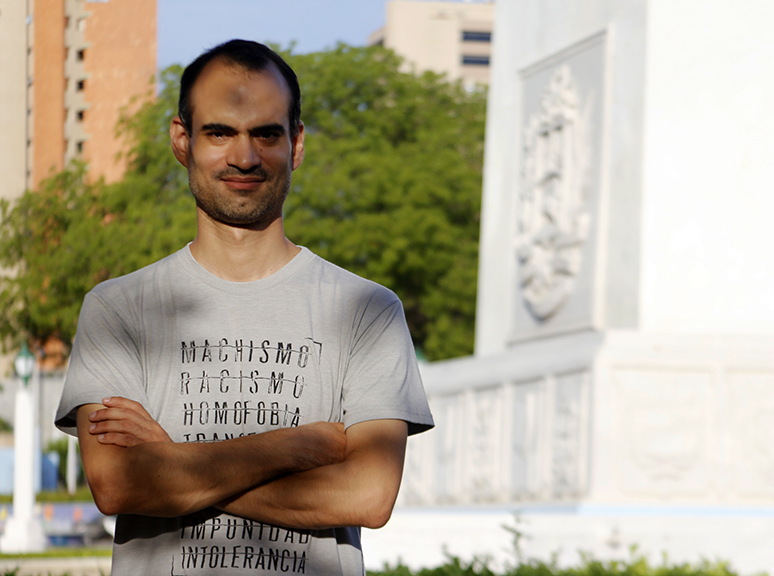The Observatory for the Defense of Life (Odevida) registered a total of 135 cases of defenders of environmental and territorial rights in Venezuela victims of violence and repression between 2013 and 2021.
Forty defenders or leaders have been murdered, 25 of them at the hands of the mining mafia or members of Colombian guerrilla groups and 15 by members of the Bolivarian National Armed Forces (FANB).
The most relevant case was the June 30, 2022, murder of Virgilio Trujillo Arana, a Piaroa indigenous leader and territorial guardian, which led to at least 35 reports of intimidation and displacement of indigenous leaders from their territory toward the state capital and other towns. The murder of Mr. Trujillo Arana remains unpunished.
Human rights violations also affect the indigenous and non-indigenous population who live in the territories occupied by illegal armed groups. The information in this regard is limited and scarce and the actual number of violations of the right to life and integrity among this sector of the population is underestimated.
Mining massacres in Venezuela
The Center for Social Reflection and Action (Cerlas) documented at least 31 massacres perpetrated in the mining areas of southern Venezuela between 2012 and 2019.
According to the lawyer and activist Luis Bello, the situation of violence is the result of “the invasion of the ancestral lands of the indigenous peoples by external irregular armed groups who have been taking over the territories with the complicity or tolerance of the military and civil authorities, causing serious damage through illegal mining, smuggling and other illicit activities, showing that the political and socioeconomic control of the indigenous territories is at stake here.”
The internal enemy
This information is part of a joint report prepared by Odevida and the Sinergia Network under the title “Closing of the Civic Space, criminalization of the Human Rights Movement and Indigenous Leadership,” which addresses the situation experienced by human rights defenders and organizations.
The organizations explain that compiling the information for the report posed a major challenge, impelling the researchers to complement their documentation with data provided by third parties such as the Center for Defenders and Justice (CDJ), an organization that has denounced the Venezuelan State for acting under “the logic of the Internal Enemy by engaging in actions contrary to its international obligations and attacking those who are on the front line of action responding to the social and human rights crisis.”
“The Venezuelan State and its authorities have deepened a policy of criminalization, repression and social control, which is evident in the attacks, threats and arbitrary detentions affecting activists who are part of civil society and the national human rights movement,” reads the joint document presented on the occasion of the International Human Rights Defenders Day to denounce unlawful detentions, the arbitrariness of the justice system, inhumane prison conditions and the damage to life projects that remain unpunished.
The work also incorporates information contained in the report “Life Detained: Politically-motivated arbitrary detentions continue in Venezuela” by Amnesty International, where the organization affirms that the evidence shows that the policy of repression of the Maduro government and the human rights crisis continue to threaten the rights to life, freedom and integrity in Venezuela.”
Raúl Cubas, coordinator at Odevida, explained that “arbitrary detentions cannot continue to be a tool for repression and social control by the government. Between June 2022 and June 2023 -the period under review-, human rights defenders have been doing their work in an environment that does not differ significantly from the trend of recent years, characterized by discrediting, intimidation, arbitrary detentions and restrictions on the work of defending the victims who resort to their assistance or support.”
Attacks and incidents
The report presents information recovered by different human rights organizations that monitor the obstacles experienced by human rights defenders -especially indigenous leaders- in the exercise of their work, as well as the research and analysis of other sources of information related to the topic by the authors.
For example, the report mentions that the Center for Defenders and Justice (CDJ) recorded a total of 1,654 attacks and security incidents that occurred between 2017 and 2021.
During 2022, the CDJ documented 396 cases of aggression, a further 309 during the first half of 2023, 20 cases in July, and 60 more in August 2023, which indicates an upward trend for the year.
In representation of civil society, Odevida and Sinergia also recommended the national authorities to:
- Speed up the investigation and sanction of the military personnel responsible for the massacre of members of the Yanomami people that took place on March 20, 2022, in Parima B, Amazonas state, and the murder of the territorial guardian and member of Piaroa people, Virgilio Trujillo Arana, which took place on June 30, 2022 in Puerto Ayacucho, Amazonas, as well as the inquiry on the reports received by Piaroa leaders about cases of harassment and enforced displacement by external armed groups that have invaded the ancestral territories of this indigenous people.
- Form a National Dialogue Table made up of representatives of the National Executive branch, the government of the state of Amazonas, the Ombudsman’s Office and representatives of the indigenous peoples of Amazonas, with the purpose of agreeing on comprehensive solutions to situations such as the occupation of indigenous territories by external armed groups, the reactivation of health, food and education programs in indigenous territories, and reactivation of the granting and handing over of collective property titles to indigenous peoples and communities.
- Immediately halt operations of the Orinoco Mining Arc project and National and all artisanal and illegal mining activities in indigenous territories and comply with Decree No. 269/89.3 prohibiting mining in the state of Amazonas.
- Ratify the Minamata Convention on Mercury and sign and ratify the Regional Agreement on Access to Information, Public Participation and Justice in Environmental Matters in Latin America and the Caribbean (Escazú Agreement).
- Fully respect Convention No. 87 of the International Labor Organization (ILO). signed by Venezuela and guaranteeing freedom of association.
- Immediately cease the government policy of closing democratic spaces and criminalizing civil society and the human rights movement, and respect the right to association, freedom of expression and peaceful demonstration.
Find the full report in Spanish HERE
Translated by José Rafael Medina



